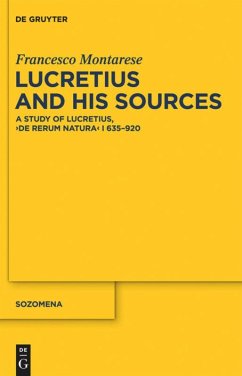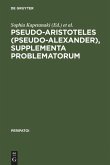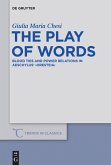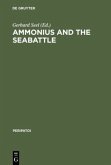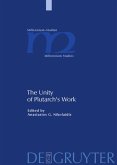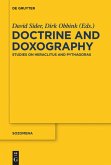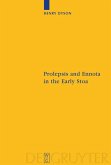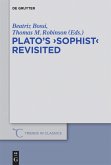This book discusses Lucretiusâ?? refutation of Heraclitus, Empedocles, Anaxagoras and other, unnamed thinkers in De Rerum Natura 1, 635-920. Chapter 1 argues that in DRN I 635-920 Lucretius was following an Epicurean source, which in turn depended on Theophrastean doxography. Chapter 2 shows that books 14 and 15 of Epicurusâ?? On Nature were not Lucretiusâ?? source-text. Chapter 3 discusses how lines 635-920 fit in the structure of book 1 and whether Lucretiusâ?? source is more likely to have been Epicurus himself or a neo-Epicurean. Chapter 4 focuses on Lucretiusâ?? own additions to the material he derived from his sources and on his poetical and rhetorical contributions, which were extensive. Lucretius shows an understanding of philosophical points by adapting his poetical devices to the philosophical arguments. Chapter 4 also argues that Lucretius anticipates philosophical points in what have often been regarded as the â??purple passagesâ?? of his poem - e.g. the invocation of Venus in the proem, and the description of Sicily and Aetna - so that he could take them up later on in his narrative and provide an adequate explanation of reality.
Bitte wählen Sie Ihr Anliegen aus.
Rechnungen
Retourenschein anfordern
Bestellstatus
Storno

